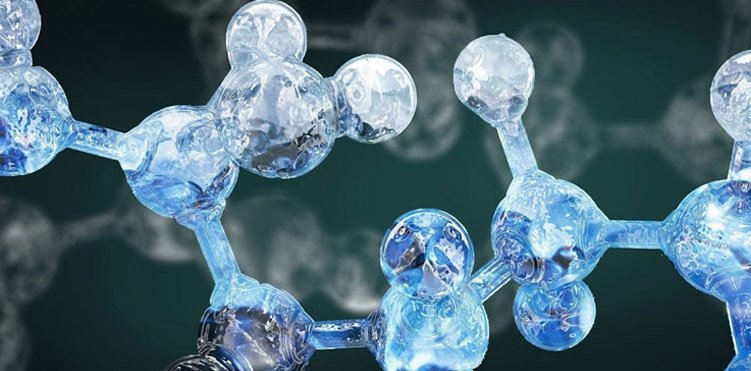The amino acids can improve our oral health. Arginine, a common amino acid found naturally in foods, breaks down dental plaque, which could help millions of people avoid cavities and gum disease, researchers at the University of Michigan and Newcastle University have discovered.
Alexander Rickard, assistant professor of epidemiology at the U-M School of Public Health, and colleagues, discovered that in the lab L-arginine—found in red meat, poultry, fish and dairy products, and is already used in dental products for tooth sensitivity—stopped the formation of dental plaque.
“This is important as bacteria like to aggregate on surfaces to form biofilms. Dental plaque is a biofilm,” Rickard said. “Biofilms account for more than 50 percent of all hospital infections. Dental plaque biofilms contribute to the billions of dollars of dental treatments and office visits every year in the United States.”
Dental biofilms are the culprits in the formation of dental caries (cavities), gingivitis and periodontal disease. Surveys indicate that nearly 24 percent of adults in the United States have untreated dental caries, and about 39 percent have moderate-to-severe periodontitis, a number that rises to 64 percent for those over age 65.
Most methods for dental plaque control involve use of antimicrobial agents, such as chlorhexidine, which are chemicals aimed at killing plaque bacteria, but they can affect sense of taste and stain teeth. Antimicrobial treatments have been the subject of debate about overuse in recent years.
Pending further clinical trials to verify their lab findings, the researchers said L-arginine could take the place of the current plaque-controlling biocide substances including chlorhexidine and other antimicrobials.
“At present, around 10-to-15 percent of adults in the Western world have advanced periodontitis, which can lead to loose teeth and even the loss of teeth. Therefore, there is a clear need for better methods to control dental plaque,” said Nick Jakubovics, a lecturer at Newcastle University’s School of Dental Sciences.
